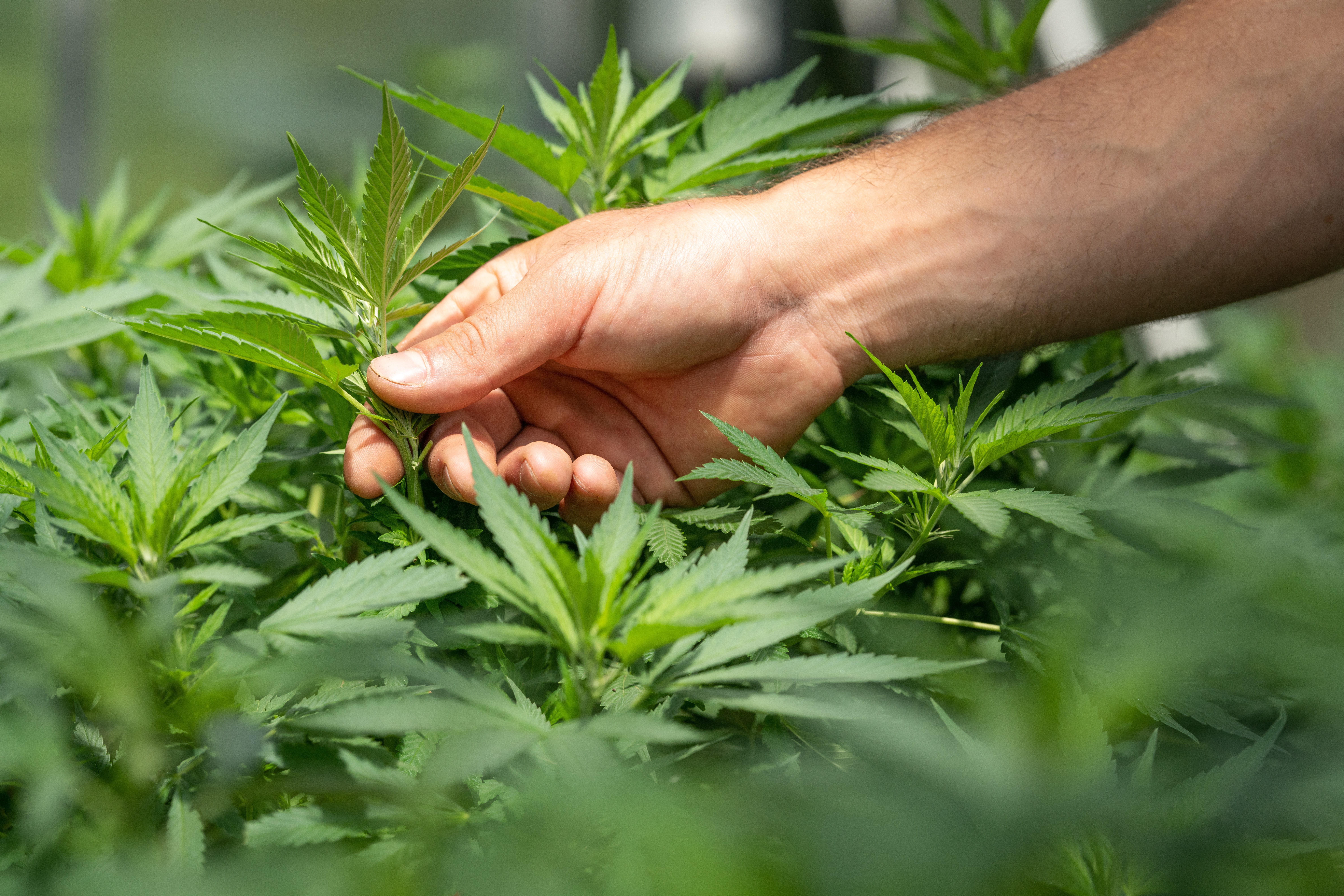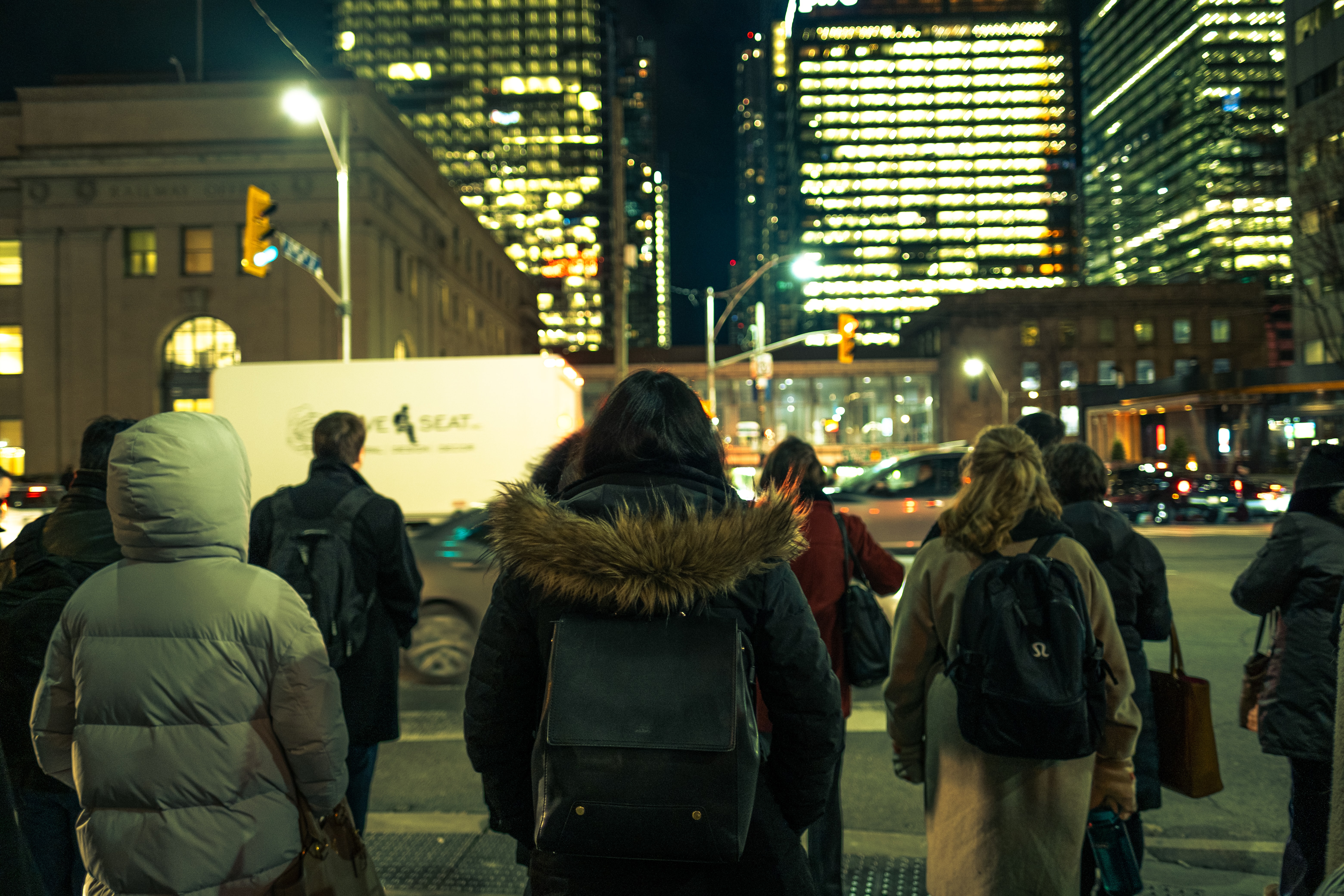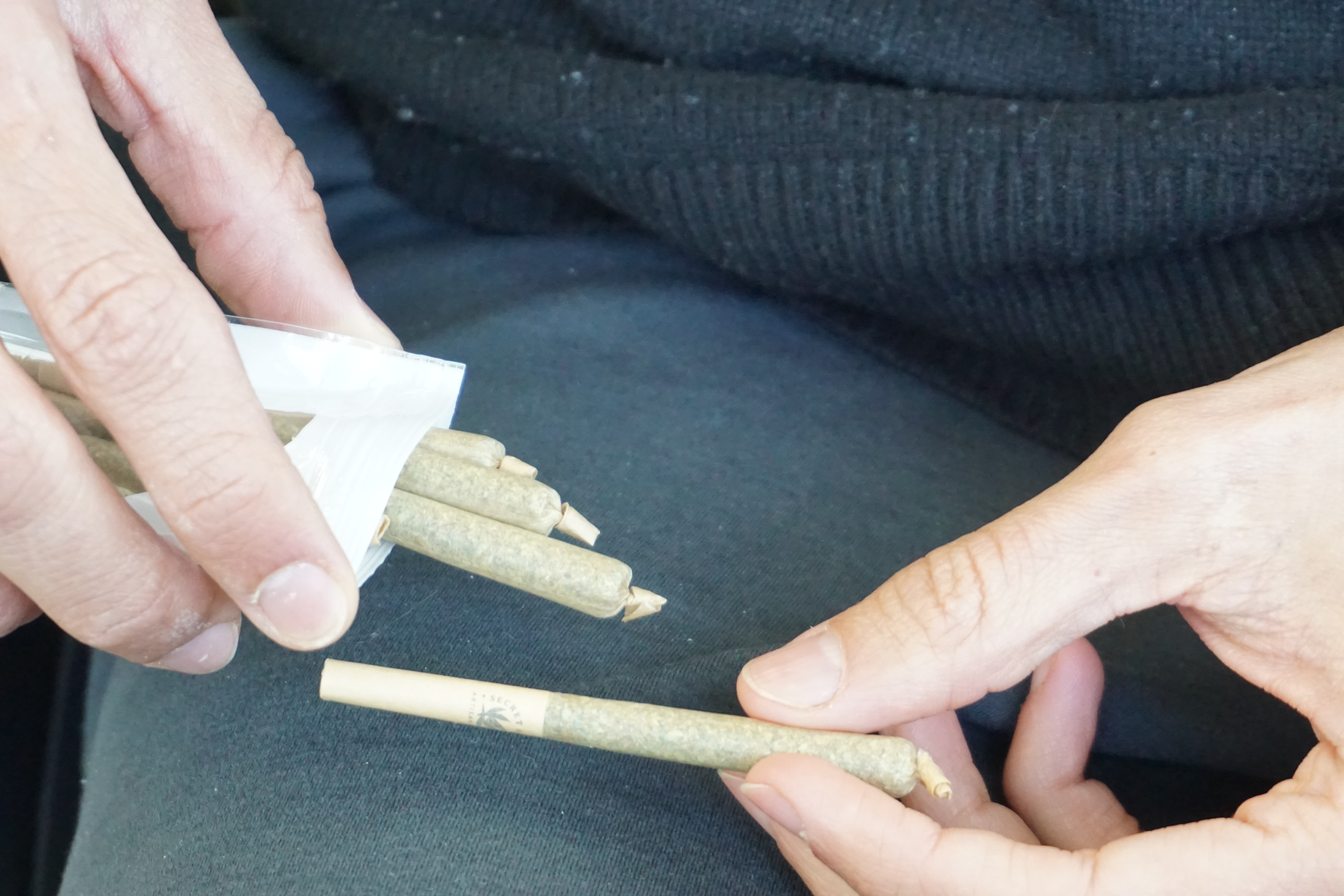Most people know that sleep is important, but few understand why. During sleep, our bodies can rest and repair themselves. This is when the cells in our bodies produce more protein and when we release hormones that help to regulate our mood and metabolism. Sleep also helps to consolidate memories and supports learning. Sleep deprivation can lead to impaired judgment, decreased reaction time, and increased anxiety. Chronic sleep deprivation is also linked to obesity, heart disease, and diabetes. Simply put, sleep is crucial for our physical and mental health. Without sufficient sleep, we would quickly become a nation of exhausted zombies.
You may not know it, but there's a good chance that your chronic bad habit is robbing you of the sleep you need. In fact, according to a report of the Centers for Disease Control and Prevention (CDC), more than 33% of adults in the United States don't get enough sleep regularly. And that chronic lack of shuteye can lead to many health problems, including obesity, heart disease, and cancer.
A growing body of research suggests that CBG may be effective in promoting sleep. Different people have different reactions to CBG. Some report feeling more relaxed after taking it, while others find that it helps them focus. However, one of the most common effects of CBG is drowsiness. In this blog post, we'll explore how CBG affects sleep and whether or not it's an effective treatment for insomnia.
CBG and Sleep
There is a lot of narratory proof that suggests that CBG can help people who have trouble sleeping.
CBG, or cannabigerol, is a minor cannabinoid found in cannabis plants. While CBG is only present in small amounts, it's thought to play an important role in the plant's overall effects. CBG is non-intoxicating, meaning it won't make you feel high. Instead, CBG is known for its ability to promote relaxation and ease anxiety. CBG is also being studied for its prospective to treat various medical conditions, including glaucoma, inflammation, and pain.
As for CBG's effects on sleep, there is still much unknown. However, early research suggests that CBG may be beneficial in treating insomnia. One study found that CBG increased the number of times mice slept by 25%. This suggests that CBG could be an effective treatment for insomnia. While further research is needed to decide whether CBG can help people with insomnia, the results of this study are promising. CBG may also have other benefits for sleep, such as reducing anxiety and pain.
CBG may also effectively treat other sleep disorders, such as nightmares. Anecdotal evidence suggests that CBG can help reduce the frequency and intensity of nightmares. One study found that CBD effectively reduced the number of nightmares in rats. This suggests that CBG could be helpful for people who suffer from conditions like PTSD that cause frequent nightmares. If you're interested in trying CBG for sleep, talk to your doctor first. They can help you determine whether CBG is right for you and advise you on the best way to take it.
How does CBG affect the body's natural sleep-wake cycle?
CBG binds to the CB1 and CB2 receptors, which are found in the brain and throughout the body. CB1 receptors regulate wakefulness, while CB2 receptors are linked to the body's natural sleep-wake cycle. CBG also inhibits the reuptake of GABA, a neurotransmitter that promotes sleep. This action helps to improve sleep quality and duration. In addition, CBG increases levels of a chemical transmitter that promotes being observant, called adenosine. As a result, CBG can help to balance the body's natural sleep-wake cycle.
CBG is shown to increase the time subjects spend in REM sleep. REM sleep is considered the deepest and most restful stage of sleep and is crucial for memory and learning. CBG may also help to decrease the time it takes to fall asleep. In addition, CBG has also been shown to minimize the symptoms of nightmares, night terrors, and insomnia. As a result, CBG can be an effective tool for those looking to improve their sleep habits.
What is the best way to consume CBG for sleep?
The best way to take CBG for sleep is to choose a product that contains only CBG and no other cannabinoids. This will ensure that you get the maximum benefits from CBG without being exposed to the psychoactive effects of THC. You can also take CBG as an oil or tincture, which can be added to your favourite beverage or taken on its own. If you're trying to find a natural way to boost your sleep, CBG may be the answer.
Are there possible side effects associated with using CBG for sleep purposes?
While CBG has not been studied extensively for its effects on sleep, preliminary research suggests that it may help treat insomnia. In one study, CBG was found to increase the number of time rats spent in slow-wave sleep, a deep sleep stage associated with restorative functions like tissue repair and cell growth. CBG also reduced the time it took rats to fall asleep. While more research is needed to determine these human findings, CBG shows promise as a potential treatment for insomnia. Additionally, CBG is considered non-intoxicating and is well-tolerated by most people, with few side effects such as dry mouth, dizziness, or diarrhea. Therefore, CBG may be a safe and effective option for those seeking relief from insomnia.
Conclusion:
The use of CBG for sleep has been shown to be beneficial in many ways. It helps to improve the quality of sleep, reduces anxiety, and regulates the body's natural sleep-wake cycle. When used correctly, CBG is a secure and effective way to improve your sleep. If you are looking for a more natural alternative solution to help with your sleeping problems, consider using CBG.
Sources:
The Extraordinary Importance of Sleep
1 in 3 adults don’t get enough sleep
Effects of Cannabinoids on Sleep and their Therapeutic Potential for Sleep Disorders
The effects of cannabinoid administration on sleep: a systematic review of human studies





